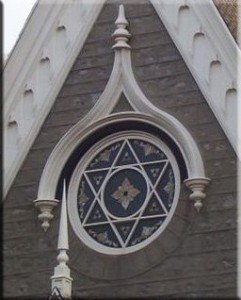In the past few weeks, I’ve had several friends and family members bring up the subject of miscarriage. Sadly I seem to be the resident know-it-all on pregnancy loss in our family because of my own experiences with miscarriage and infertility. Over the years I’ve also had many people ask me what to say to someone who has suffered the loss of a pregnancy. It can be an awkward time for the couple who are grieving the loss of a child and awkward for those who want to do something but don’t know what to say or do. This recent post about miscarriage made me think that other’s might need a some guidance in this area.
The loss of a child is perhaps one of the single most devastating and sad experiences a family can go thru. In the same vein, when a couple looses a pregnancy similar feelings of sadness and loss are present. Unlike the loss of a child, when a couple experience a miscarriage there are no formal rituals of mourning, no graveside to visit and no pictures by which to remember this child. Many times this couple goes home from the hospital or the doctor’s office with empty arms and a lot of unanswered questions. Continue reading

